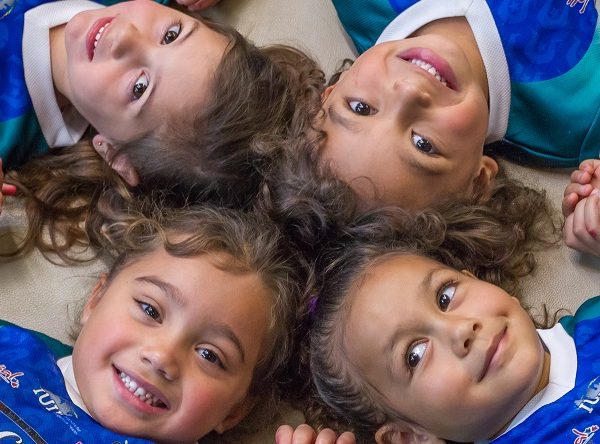Closing the Gap Annual Report 2022 shows mixed performance for ECEC objectives

The Closing the Gap Annual Report 2022 highlights that the two key outcomes and targets focused on early childhood education and care (ECEC) service provision are showing divergent trends as the countdown to 2025, the target date for achieving goals, approaches.
“It is the ambition of the Australian Government to elevate all First Nations voices and remove barriers to the full participation in our national life and to close the gap in social outcomes that are holding First Nations people back,” The Hon Linda Burney MP, Minister for Indigenous Australians said.
“We are committed to partnering with impact, by working in partnership with all parties to the National Agreement – including the Coalition of the Peaks, all state and territory governments, and the Australian Local Government Association.”
The Closing the Gap Annual Report details progress on the seventeen socio – economic outcomes to achieve outcomes across health, education, employment, housing, justice, safety, land and waters, culture, language and connectivity for First Nations people.
The ECEC sector is included in the national agreement that makes up the Closing the Gap implementation plan via Outcomes 3 and 4 both of which speak directly to the provision of ECEC services, with outcomes, for first nations children.
Outcome 3 – Aboriginal and Torres Strait Islander children are engaged in high quality, culturally appropriate early childhood education in their early years
Target – By 2025, increase the proportion of Aboriginal and Torres Strait Islander children enrolled in Year Before Full time Schooling early childhood education to 95%.
Status – On track with 96.7 per cent of First Nations enrolled in a pre school/kindergarten
Nationally in 2021, 96.7 per cent of Aboriginal and Torres Strait Islander children in the Year Before Full time Schooling (YBFS) age group were enrolled in a preschool program, an increase from 76.7 per cent in 2016 (the baseline year).
Outcome 4 – Aboriginal and Torres Strait Islander children thrive in their early years
Target 4 – By 2031, increase the proportion of Aboriginal and Torres Strait Islander children assessed as developmentally on track in all five domains of the Australian Early Development Census to 55%.
Status – Not on track with 34.3 per cent assessed as developmentally on track
Nationally in 2021, 34.3 per cent of First Nations children commencing school were assessed as being developmentally on track in all five Australian Early Development Census (AEDC) domains, a decrease from 35.2 per cent in 2018 (the baseline year).
The Commonwealth Government has outlined a range of new policies including affordability and accessibility measures which, taken together, are expected to positively impact outcomes in the First Nations community for their children.
The Commonwealth has also pledged to review early childhood programs and settings to ensure they are working effectively for First Nations children, and give them the best opportunities to support their learning and development through the development of a new Early Years Strategy and Productivity Commission review.
To read this year’s Closing the Gap report click here.
















